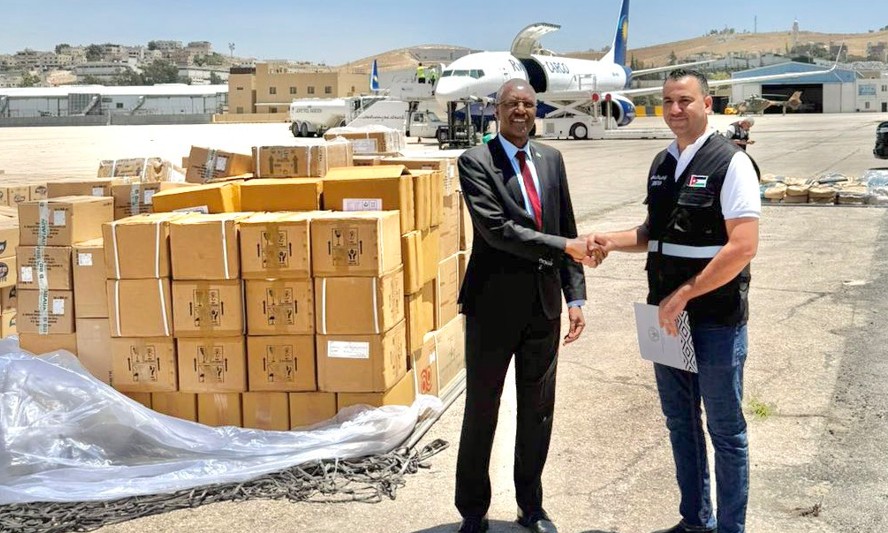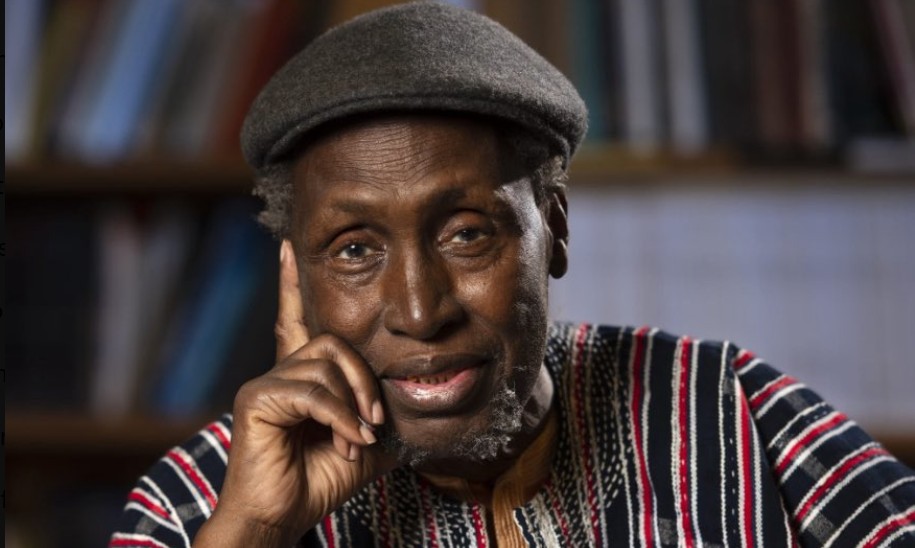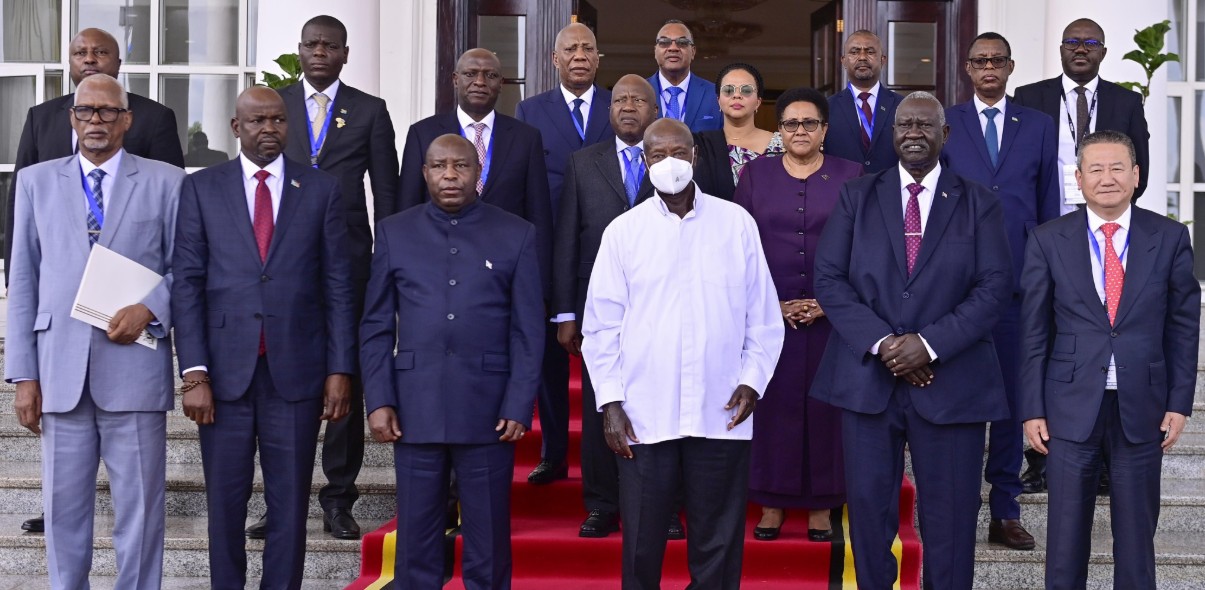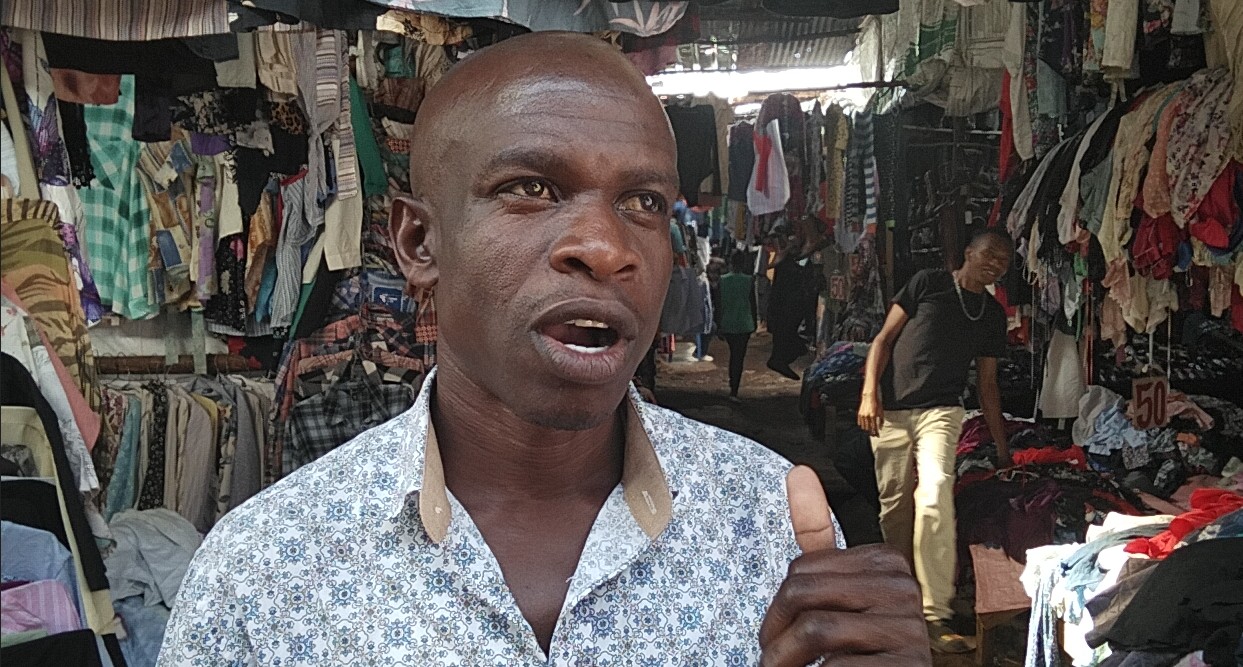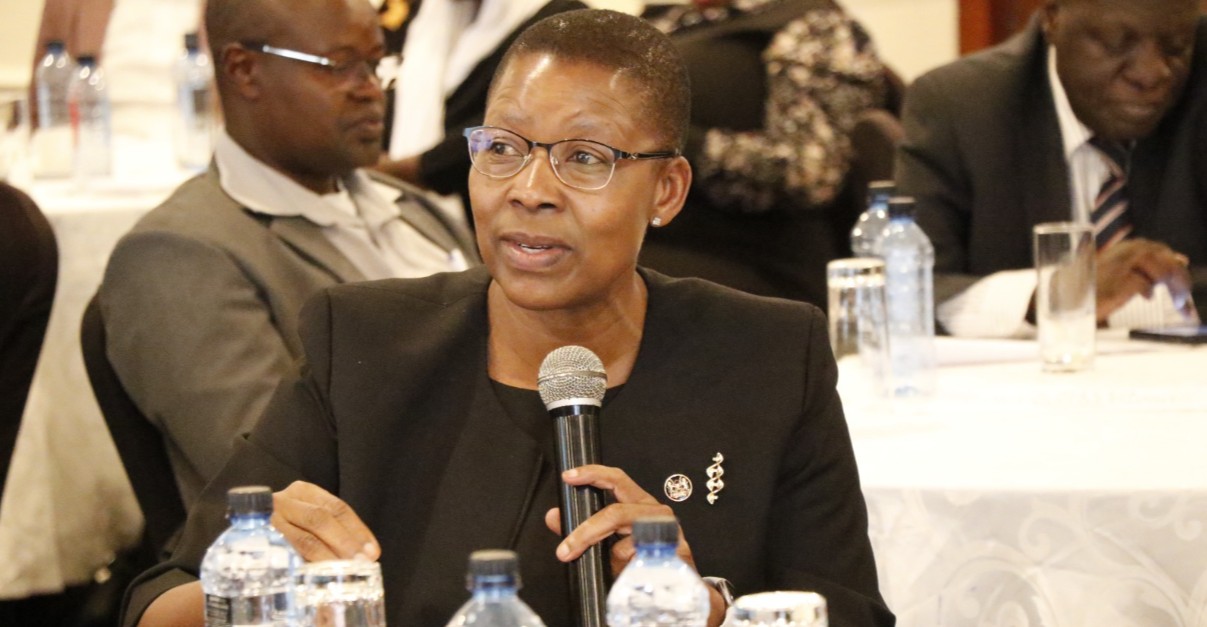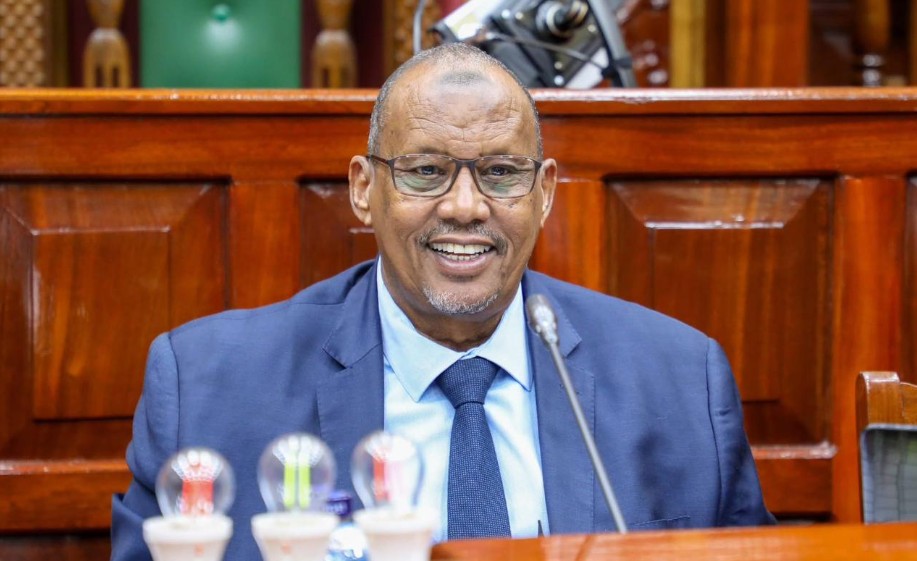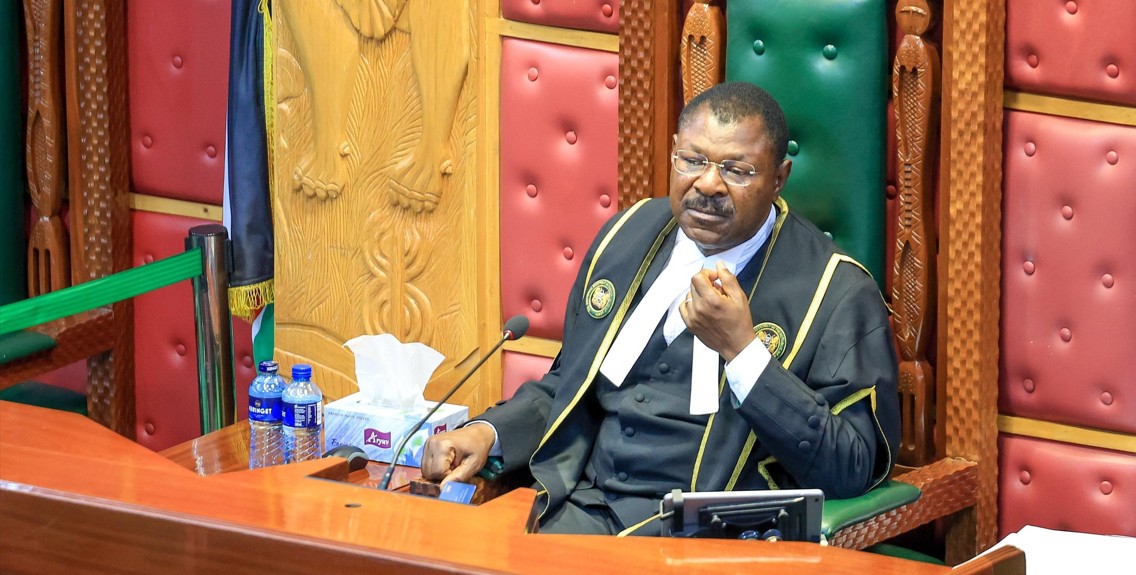Kenya-Tanzania rift over activist’s deportation sparks regional reckoning on free expression
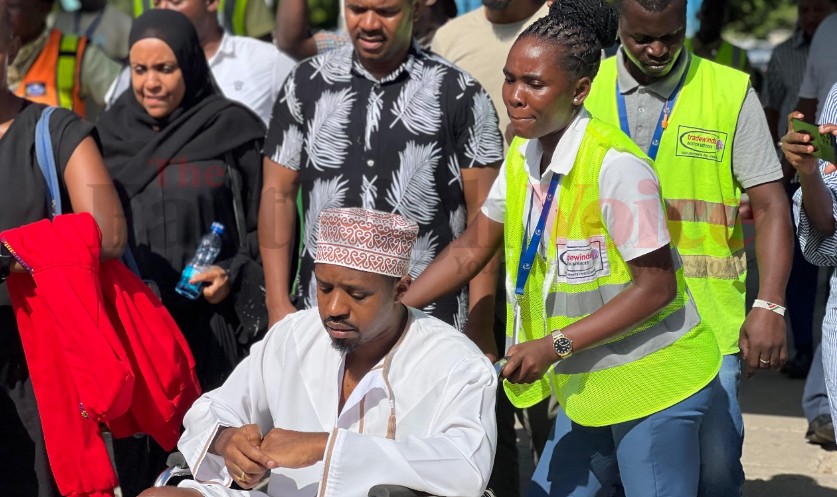
Kenyans, particularly on social media, reacted not with silence but with satire: memes, parodies, and comedic impersonations of Tanzanian President Samia Suluhu began to circulate at a pace.
What began as a textbook case of diplomatic policing has now morphed into a regional morality play, pitting free expression against regional fragility.
Tanzania's decision to detain and summarily deport Kenyan activist Boniface Mwangi under accusations of "external interference" has triggered a domino effect across East Africa's political consciousness.
More To Read
- Tanzania shuts major donkey slaughterhouses to curb declining population amid AU ban
- US calls for probe into torture of activists Boniface Mwangi, Agather Atuhaire in Tanzania
- I was stripped, beaten- Uganda activist Agather Atuhaire recounts ordeal in Tanzania as Amnesty demands probe
- The future of leadership? AI replacing human CEOs
- Kenya defends "quiet diplomacy" following Boniface Mwangi’s detention in Tanzania
- Tortured and left to crawl- activist Boniface Mwangi narrates his ordeal in Tanzania
The incident, which was ostensibly meant to send a warning to activists attending the court hearing of Tanzanian opposition figure Tundu Lissu, has instead swung the pendulum in the opposite direction. Rather than muting civic solidarity, it amplified it across the border.
Kenyans, particularly on social media, reacted not with silence but with satire: memes, parodies, and comedic impersonations of Tanzanian President Samia Suluhu began to circulate at a pace.
In a swift response, Tanzanian legislators on Monday condemned the online mockery and criticism.
'Imported activism'
Their outrage was not directed at the Kenyan government—Nairobi, true to its cautious diplomatic posture, remained largely silent—but at what they described as "imported activism" and "social indiscipline."
Geita MP Joseph Musukuma dismissed Kenya as having nothing to offer Tanzania—"not in politics, intelligence, or anything else."
His colleague, Singida West MP Elibariki Kingu, invoked historical memory, reminding Kenyans that Tanzania once played peacemaker during Kenya's post-election crisis in 2007.
Yet the irony remains rich.
This is the same Tanzania whose founding father, Julius Nyerere, championed pan-African solidarity through bold military and ideological interventions.
From training ANC fighters against apartheid to toppling Uganda's Idi Amin, Tanzania was once a lodestar of moral clarity and action in the region.
Today, its response to cross-border solidarity is markedly different.
Sovereignty of ideas
The conundrum facing East Africa now is less about the sovereignty of states and more about the sovereignty of ideas.
Other Topics To Read
In a region where civic space is shrinking and opposition voices are under siege, who gets to express solidarity—and how—is being quietly contested.
Kenya, for all its contradictions, has long relied on satire, parody, and social media activism as informal checks and balances.
In contrast, Tanzania—under the CCM's decades-long grip—has adopted a more reserved, and often repressive, approach to dissent.
The rise of artificial intelligence and meme culture has only widened this civic-tech gap.
The larger question lingers: What happens when diplomacy is outpaced by meme lords and comedians? When opposition voices across borders echo louder than communiqués from foreign ministries?
East African integration
This domino chain of events has exposed the brittle underbelly of East African integration.
The East African Community's vision of a political confederation seems far-fetched when the emotional reaction to digital activism is to call for joint crackdowns, rather than dialogue.
In the absence of robust regional institutions or principled statecraft, activism is spilling across borders like water in a cracked pot.
What makes this moment particularly charged is that the solidarity is not emanating from presidential palaces, but from smartphones, WhatsApp groups, and defiant young citizens.
The pendulum has swung.
The question now is: will regional leaders recalibrate—or retreat further behind their flags?
Top Stories Today

